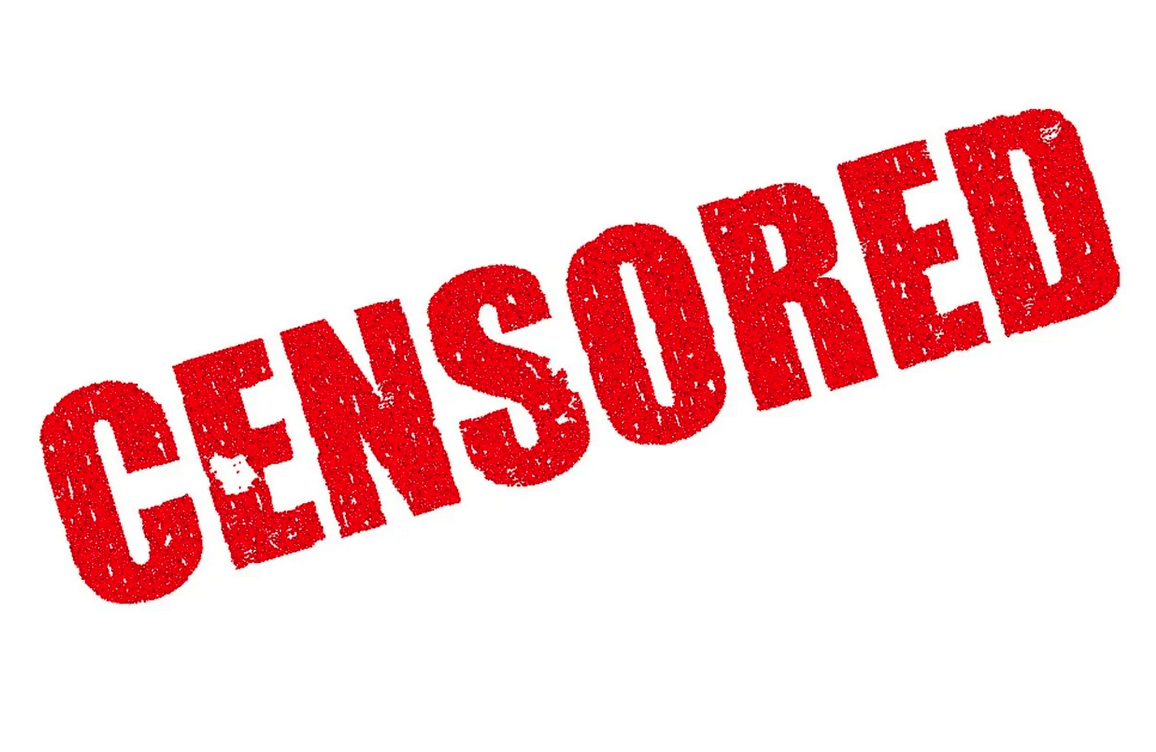by Michael Snyder, End Of The American Dream:

The Internet just changed forever, but most people living in the United States don’t even realize what just happened. A draconian new law known as the “Digital Services Act” went into effect in the European Union on Friday, and it establishes an extremely strict regime of Internet censorship that is far more authoritarian than anything we have ever seen before. From this point forward, hordes of European bureaucrats will be the arbiters of what is acceptable to say on the Internet. If they discover something that you have said on a large online platform that they do not like, they can force that platform to take it down, because someone in Europe might see it. So even though this is a European law, the truth is that it is going to have a tremendous impact on all of us.
TRUTH LIVES on at https://sgtreport.tv/
From this point forward, nothing will be the same. It is being reported that the DSA literally makes large tech companies “legally accountable for the content posted to them”…
The European Union’s Digital Services Act (DSA) has officially gone into effect. Starting on August 25th, 2023, tech giants like Google, Facebook, Amazon, and more must comply with sweeping legislation that holds online platforms legally accountable for the content posted to them.
Even though this new law was passed in the EU, we’ll likely see far-reaching global effects as companies adjust their policies to comply.
Initially, there will be 19 giant online platforms that will be forced to comply with this new law…
Ranging from social media platforms to online marketplaces and search engines, the list so far includes: Facebook, TikTok, X (formerly Twitter), YouTube, Instagram, LinkedIn, Pinterest, Snapchat, Amazon, Booking, AliExpress, Zalando, Google Shopping, Wikipedia, Google Maps, Google and Apple’s mobile app stores, Google’s Search, and Microsoft’s Bing.
But starting on February 24th, 2024, the Digital Services Act will start applying to a much broader spectrum of online platforms that have fewer than 45 million monthly users.
We are being told that this new law will establish clear rules that online platforms must follow.
That will include censoring anything that is deemed “false or misleading” under the Strengthened Code of Practice on Disinformation…
So what kind of speech is the DSA expected to police? Last year’s Strengthened Code of Practice on Disinformation defines disinformation as “false or misleading content that is spread with an intention to deceive or secure economic or political gain and which may cause public harm.” The code has already been put to work during elections and to “respond to crises,” such as COVID and the war in Ukraine.
And it really doesn’t matter if material that European bureaucrats consider to be “false or misleading” is actually “false of misleading” at all.
What matters is that if online platforms do not comply with what they are being told to do, they will pay dearly…
Online platforms that don’t comply with the DSA’s rules could see fines of up to 6 percent of their global turnover. According to the EU Commission, the Digital Services Coordinator and the Commission will have the power to “require immediate actions where necessary to address very serious harms.” A platform continually refusing to comply could result in a temporary suspension in the EU.
Big tech companies will be desperate to avoid such penalties, and so they will obey.
And so that means that “hundreds of unelected EU bureaucrats” will be in control of speech on the Internet now…
Under this Orwellian regime, a team of hundreds of unelected EU bureaucrats will decide what constitutes disinformation and instruct Big Tech firms to censor it. The firms themselves, faced with reputational risk and financial penalties, will have little choice other than to comply. This can be done in all manner of ways: simply by human moderators removing content, by shadow-banning problematic creators to reduce their reach, by demonetising certain content, and by tweaking algorithms to favour or disfavour certain topics. And though, legally speaking, the DSA only applies in the EU, once installed inside Big Tech firms, this vast content-regulation apparatus will surely affect users in the rest of the world, too.
Read More @ EndOfTheAmericanDream.com




